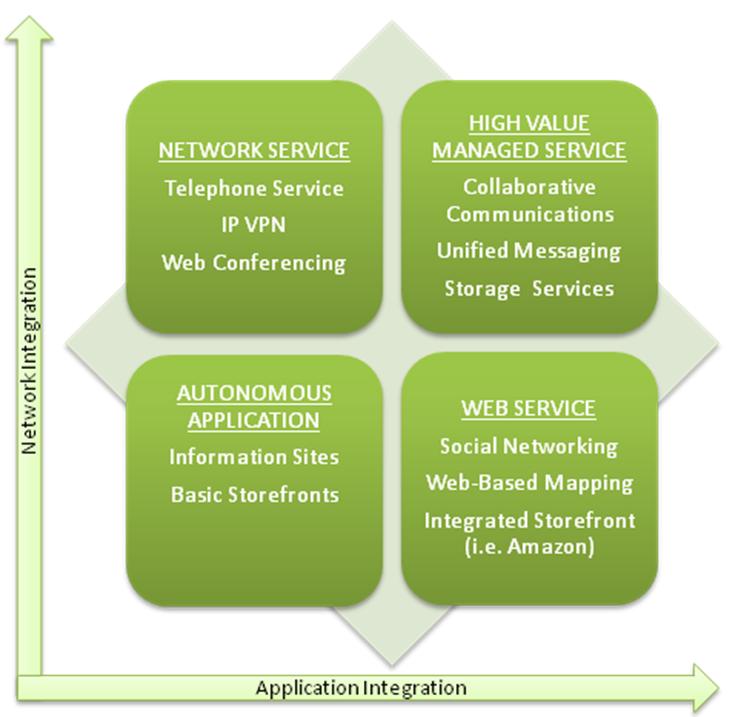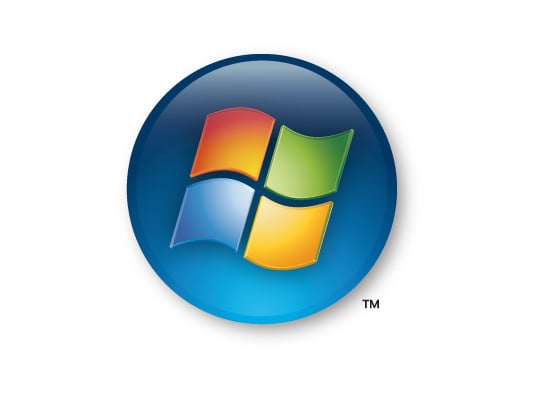Loyal Blog Readers: Please enjoy this sneak peek at my upcoming Mind Share 2.0 column (more like a mini-whitepaper) -- co-authored by
Cbeyond CTO Chris Gatch -- that will be running in the April issue of Internet Telephony magazine:
Managed Services Providers: Delivering on the Promise of High-Value Services
As the IP communications industry continues to evolve and mature, an array of new companies offering highly reliable and robust new products and services have made their way to market, providing users with an uncommon wealth of new productivity enhancing communications capabilities at extremely competitive prices.
Foremost among these new entrants to the marketplace are a breed of companies commonly referred to as Managed Services Providers, or MSPs. These MSPs represent a special type of service provider that leverages new Internet technologies to combine the best of Web service and network service models to deliver a whole new class of hosted services to users, and also represent a new genre of investment opportunity to Wall Street.
MSPs typically provide a unique bundling of various hosted voice and data communications services and applications, often coupled with quality of service guarantees, robust security measures and Web-based administrative features. But what exactly is a managed services provider, and what differentiates an MSP from a Web services and network services company?
The Two Types of Integration
Service providers establish their unique identity through integration – using process and technology to make distinct systems work together for the benefit of their customers.
When one examines the concept of integration with respect to an IP-based services provider, there are really two distinct types of integration to consider: network integration and application integration. In fact, the types of integration that are practiced in large-part determines whether a provider is a network services operator, Web services provider, or an MSP.

The matrix represented in Figure I to the left illustrates the differentiation between these two types of integration as well as the progression of derived value as the degree of integration increases across the two planes.
For example, a basic html-based website represented in the lower left-hand quadrant functions rather autonomously and displays little or no integration with other network resources or other applications running on a network.
Continue Reading...






 I just received a troubling message, sent by Pandora CEO Tim Westergren to the Pandora user community, about the fact that the Copyright Royalty Board has just dramatically increased the fees Internet radio sites must pay to the record labels.
I just received a troubling message, sent by Pandora CEO Tim Westergren to the Pandora user community, about the fact that the Copyright Royalty Board has just dramatically increased the fees Internet radio sites must pay to the record labels.  Greg Galitzine
Greg Galitzine  Well, it's been a rather disappointing couple of weeks in Vistaland, as it seems one disappointment (read "performance issue") after another rears it's ugly head.
Well, it's been a rather disappointing couple of weeks in Vistaland, as it seems one disappointment (read "performance issue") after another rears it's ugly head.
Recent Comments